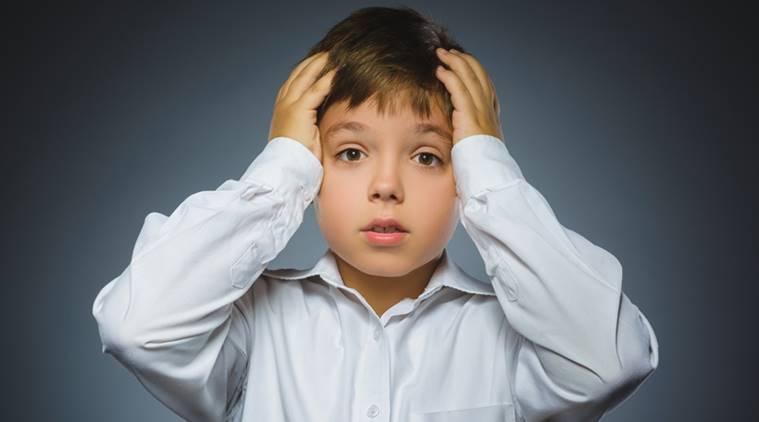How parents can help children to manage stress

Children are not always logical and their reactions may not seem rational at times. They become sad, happy or angry for reasons that adults feel are trivial. But it is important to acknowledge their emotions and perspectives.

By Beas Dev Ralhan
A person develops physical, mental, social, emotional and analytical abilities during their lifetime, and it is imperative to ensure healthy development in each of these areas. Despite being an essential part of human development, these domains are not given the attention they deserve in the early years, and this hinders the holistic development of a child. It is important to remember that the intent of true education is not to fill the minds of learners with information but to develop in them the desire and ability to critically reflect upon the happenings around them. It is important to raise children in a way that helps them grow as individuals with a sense of the self, which can further help them find the resources to solve their problems and the problems of the society at large.
Stress and its effect on children
Children these days are exposed to multiple sources of information from a very early age. This coupled with a changing social environment is putting immense stress on today’s children. For a child starting school, the sudden shift from home to a new environment involving mostly strangers can also be a cause of stress. It is difficult for small children to convey their true feelings to their parents which may further increase the stress levels. Moreover, today’s children are forced to take up many extra-curricular activities and the burden of expectation weighs heavily on them.
Also Read| 7 exam tips for students to help deal with the stress
In addition to these, adverse childhood experiences can affect a child’s brain development, thus causing stress. These experiences may involve family members dealing with substance abuse disorders or mental illness, or incidents of domestic violence. Children who are physically and emotionally neglected or abused may experience extreme childhood stress.
Role of parents
Parents can play a significant role to help children manage their stress. Helping children learn to cope with stress is an important skill which would prove beneficial throughout their lives. Here are some ways parents can help children to express their feelings from a very early age and manage their stress.
Also Read| ‘Parenting is exhausting, demanding and relentless, make time for self-care’
Empathise with them
Children are not always logical and their reactions may not seem rational at times. They become sad, happy or angry for reasons that adults feel are trivial. But it is important to acknowledge their emotions and perspectives. The feeling of being understood is soothing to the child, and later on in life, they will use the same mechanism to soothe themselves and channelise their emotions properly. Furthermore, children develop empathy through this process.
Let them express
Children are expressive in nature. They sometimes cannot differentiate between their emotions and their ‘selves’. As parents, it is important to accept a child’s emotions. Otherwise, deep down they feel unaccepted and tend to repress their feelings which may affect the nervous system leading to nightmares and sleep disorders. On the other hand, if the children’s emotions are accepted by the parents, they learn to accept their own emotions and stay in control of them.
Upskilling analytical skills
Most of the time, once children or even adults feel their emotions are understood and accepted, the emotional burden begins to dissipate, and this further leaves an opening for problem-solving. Apart from expressing their feelings, it is essential for children to understand how to shift gears to find constructive solutions to problems. Parents can upskill their children to channelise their feelings better without being negative towards life and other people.
Play it out
Some of the best activities to cope with stress are often the ones that consume maximum energy which in turn releases oxytocin and serotonin, hormones that help one to relax. Whenever a child expresses a negative approach through his/her actions, parents need to understand that the child is under stress. The first step to deal with this is to take the child out to play. The ‘no structure schedule’ is considered as the best form of play and a great stress-buster. Apart from bringing down stress, it helps to improve the behaviour of children and channelise their energy in a positive manner, and to increase their classroom participation.
Despite being instinctive, good parenting is a hard-earned skill, and every parent follows a different approach towards parenting.
(The writer is Co-founder and CEO of Next Education India Private Limited.)
Source: Read Full Article